Bachelor of Pharmacy
Background
The full-time Bachelor of Pharmacy (BPharm) Programme was launched in 2009 and the programme obtained full accreditation from The Pharmacy and Poisons Board of Hong Kong in 2012. It was reaccredited in 2018. The launch of the programme was a response to the growing demand for pharmaceutical care in the community. The programme was designed with reference to well-established pharmacy curricula offered by other renowned universities around the world, international trends in pharmacist training, and the specific demands of Hong Kong.
Curriculum Aims and Features
The Bachelor of Pharmacy (BPharm) programme is a full-time credit-based programme with a normative period of study of four years. We adopt integrative approach and problem-based learning to develop students’ academic potentials and their capability to apply knowledge in healthcare professions. The distinctive elements of the programme include the following:
Integrated Curriculum
 Integrated Curriculum
Integrated CurriculumHKU pharmacy programme was revamped in 2019 to adopt an integrated pharmacy curricula model to meet international standards and better accommodate societal medical needs.
Interprofessional Learning
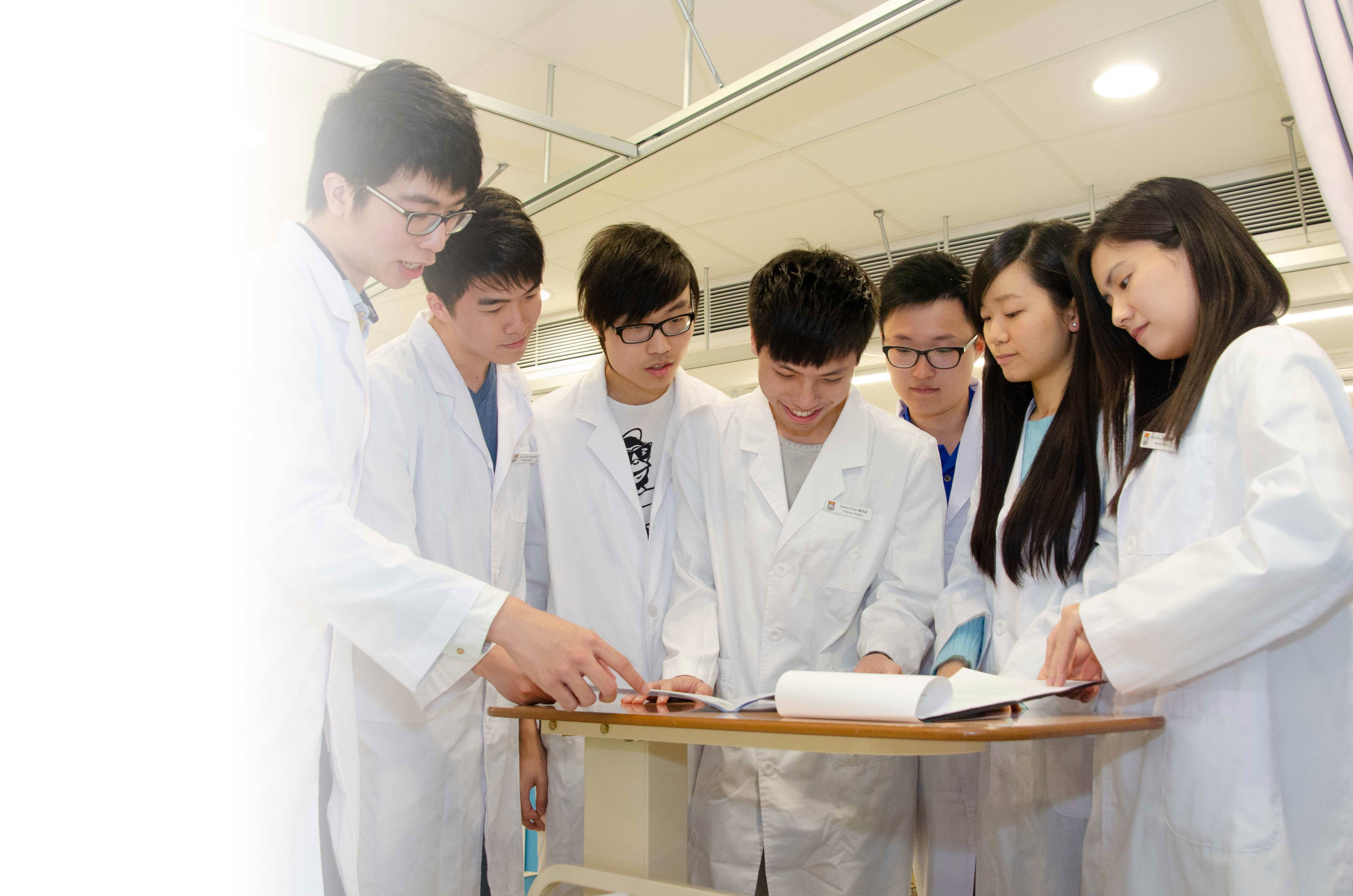 Interprofessional Learning
Interprofessional LearningPharmacy students are provided the opportunities to work with other healthcare professionals as a team to develop an interdisciplinary approach to patient care.
Problem-Based Learning
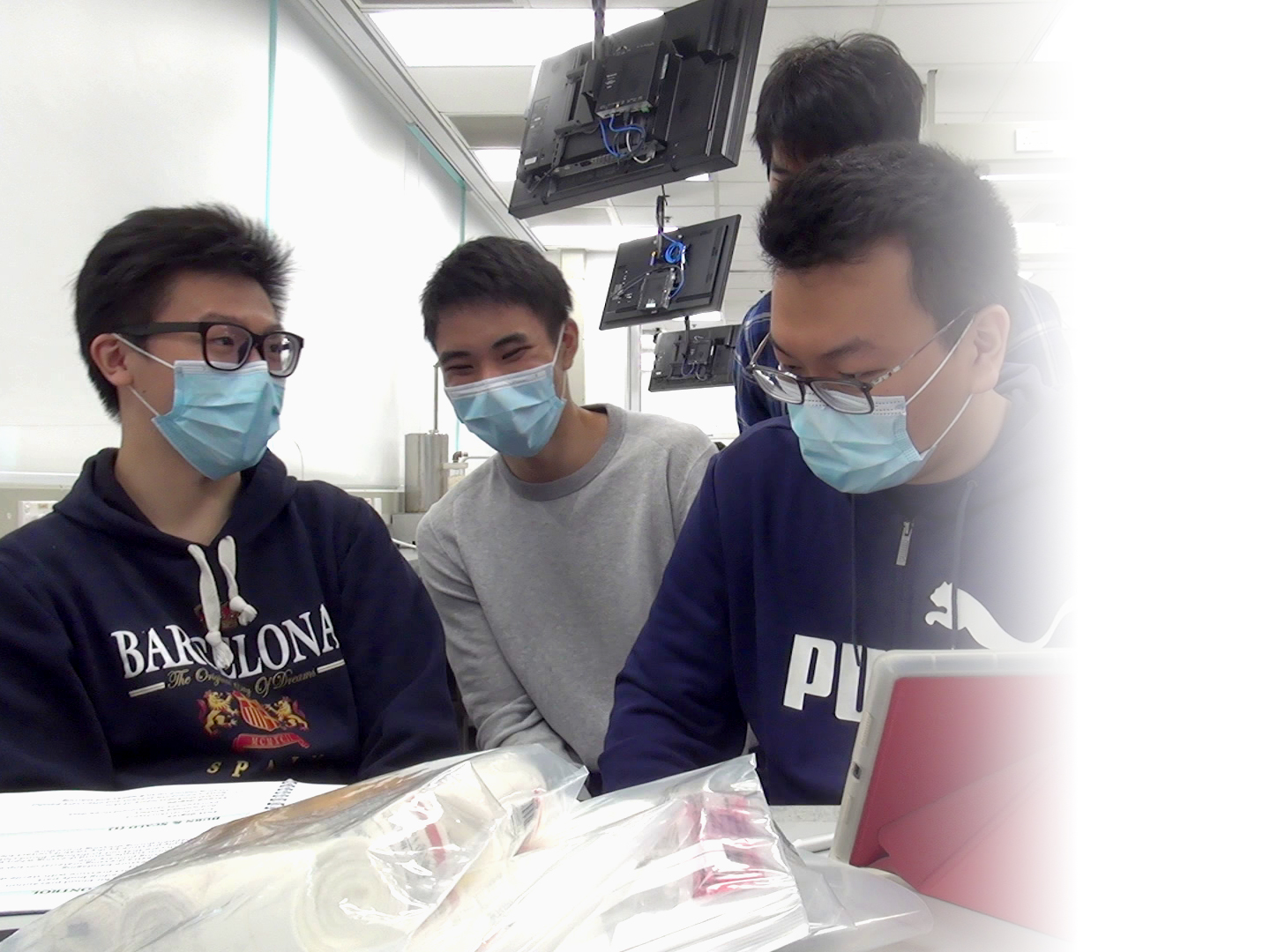 Problem-Based Learning
Problem-Based LearningProblem-based learning is adopted in some of the BPharm courses to encourage student’s critical thinking and application of knowledge to practice.
Articulation to MBBS
 Articulation to MBBS
Articulation to MBBSStudents with outstanding performance by Semester 1 of Year 3 can choose to attach to the MBBS curriculum for one semester. Upon completion of the BPharm Programme and having satisfied the admission criteria of MBBS curriculum, students can then be admitted directly to Year 2 and exempted from the Year 3 Enrichment Year requirement. Students can, as a result, obtain dual professional degrees in BPharm and MBBS from HKU in eight years.
Experiential Learning
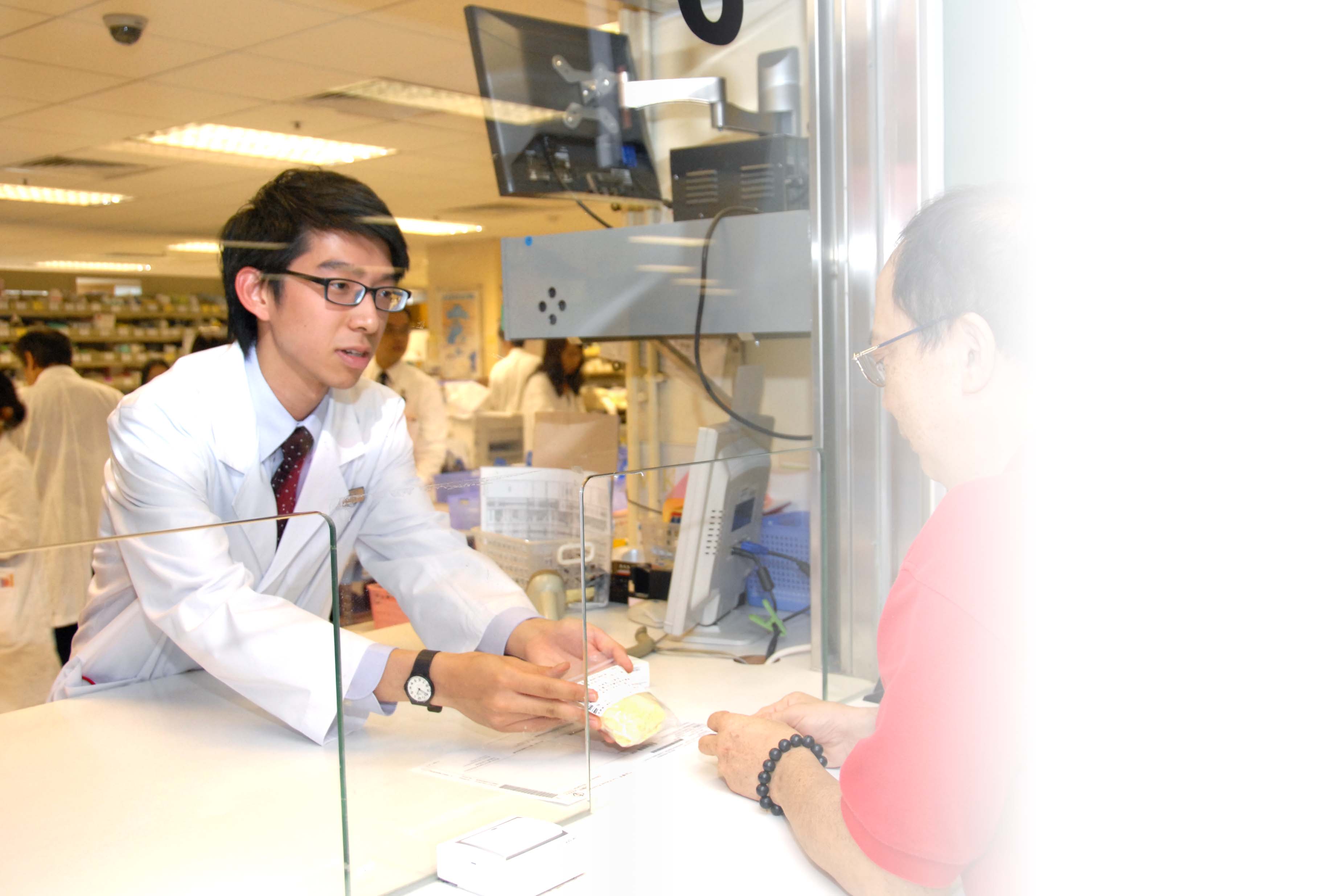 Experiential Learning
Experiential LearningHKU BPharm curriculum encourages students to learn through experiential learning. This allows students to equip skills and knowledge when building hands-on experience and reflection. Pharmacy students can also work in the teaching pharmacies the department set up in collaboration with NGOs and hospitals in Hong Kong to gain real-life experience of pharmacy practice.
Clerkship
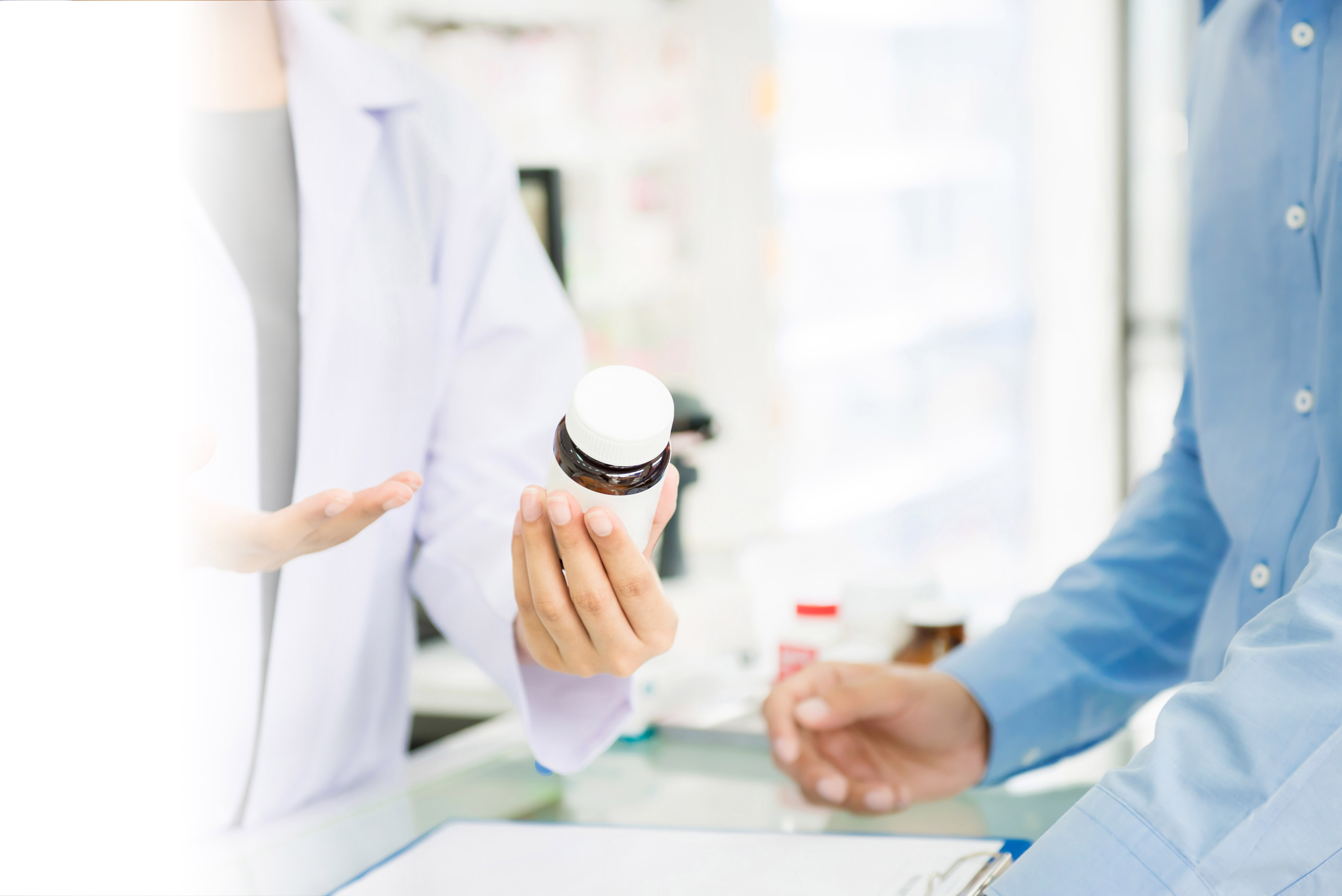 Clerkship
ClerkshipStudent will be provided with front line experience of different professional sectors including the hospital pharmacy, community pharmacy and pharmaceutical industry. The different sectors will provide the students the opportunity to engage with stakeholders of the profession, and to gain a better understanding of the role of pharmacists in each sector. The exposure include the observation of clinical judgement, collaboration with other healthcare professionals, primary care services at community sites, formulation and marketing of drugs in the industrial sector.
Research Opportunities
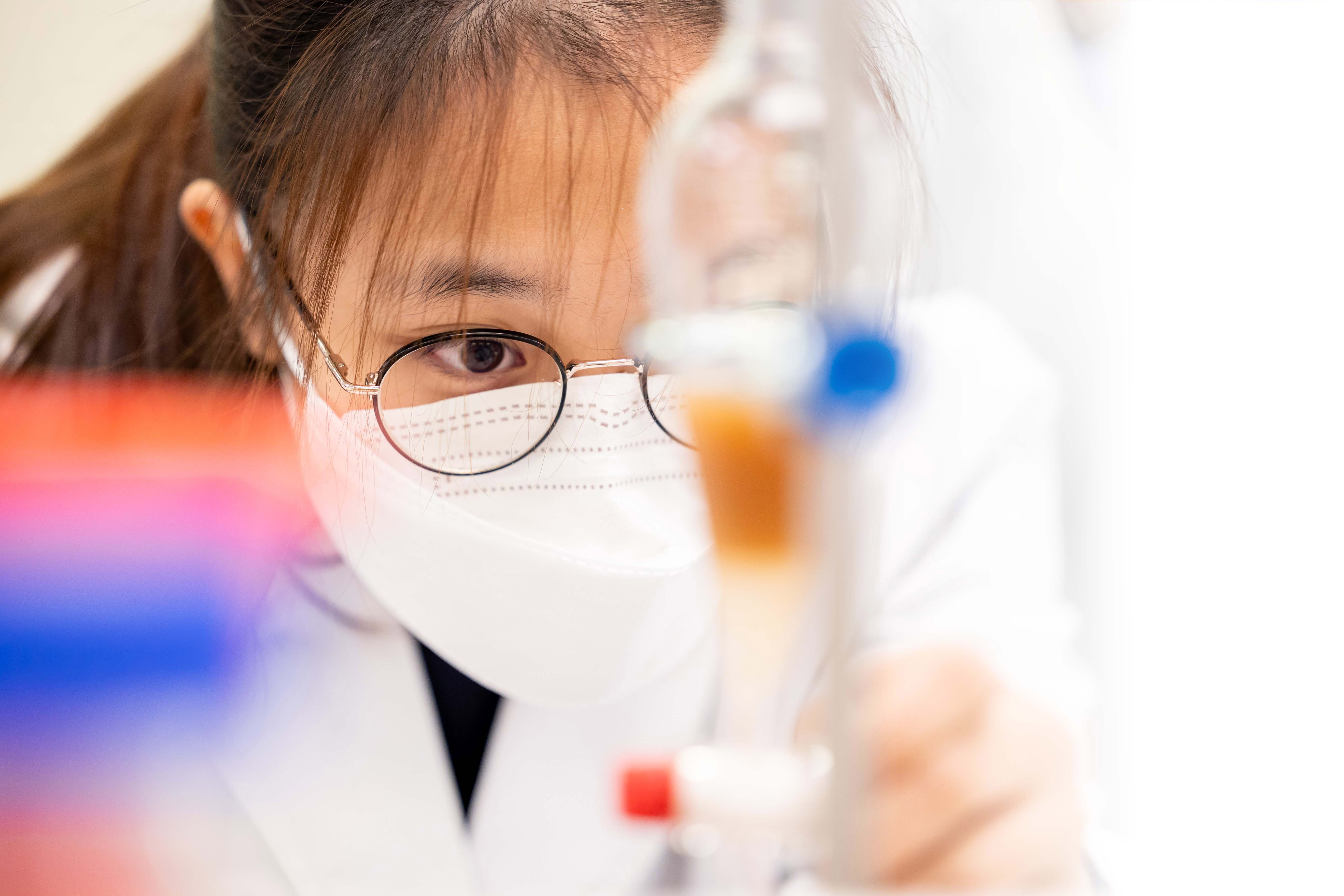 Research Opportunities
Research OpportunitiesAll our pharmacy students will be provided with the opportunity to undertake a research project in their final year of study. The Final Year Project enables our students to develop scientific and data analysis skills, creativity and critical thinking. Students will also learn about the value of research ethics.
Complementary Medicines
 Complementary Medicines
Complementary MedicinesStudents will be equipped with knowledge about Chinese medicine, herbal medicine, functional foods, health care products, aromatics and homeopathic preparations.
Structure of the Programme
| Themes | Year 1 | Year 2 | Year 3 | Year 4 |
|---|---|---|---|---|
| General and Medical Sciences |
|
|
|
|
| Pharmacology |
|
|
|
|
| Clinical Pharmacy |
|
|
|
|
| Pharmacy Practice |
|
|
|
|
| Industrial Pharmacy and Pharmaceutical Science |
|
|
|
|
| Complementary and Alternative Medicine |
|
|
||
| Interprofessional Learning |
|
|
|
|
| Pharmacy Professional Development |
|
|
|
|
- * Year 4 Electives





